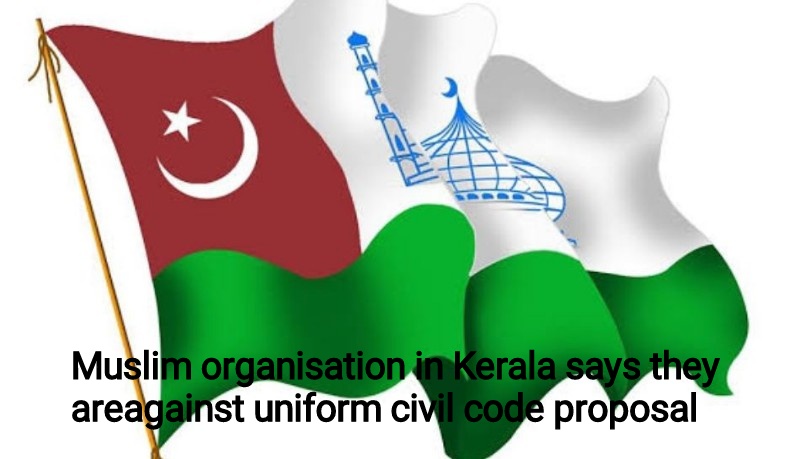
Muslim groups appear to be vehemently opposed to the Centre’s efforts to enact a Uniform Civil Code (UCC) in the nation; on Sunday, the Samastha Kerala Jem-iyyathul Ulama, a body of Sunni-Shafi’i scholars, declared its opposition to the proposed law.
The state’s opposition Congress agreed that UCC was unnecessary and noted that the party had made clear its opposition to the measure since 2018.
VD Satheesan, the head of the opposition in the state assembly, claimed that Jairam Ramesh, a senior Congress official and the party’s general secretary in charge of communications, had stated that UCC was not necessary back in 2018.
That is still our position, he declared. He asserted that the Congress was working to bring the nation’s citizens together, while the BJP-led Centre was using such tactics to divide them.
Rahul Gandhi, a congressman, travelled to Manipur to meet with the locals there. The PM has not yet spoken about what is happening there. remarked Satheesan.
Samastha’s stance comes in response to statements made against the UCC by the Indian Union Muslim League (IUML), a supporter of the Congress and a member of the opposition Kerala UDF.
According to Muhammad Jifri Muthukkoya, president of Samastha Kerala Jem-iyyathul Ulama, other religions, including Christianity, Buddhism, Jainism, and others, would not be able to embrace the UCC.
According to him, marriage, divorce, inheritance, and succession are all aspects of Islam that Muslims must adhere to in order for them to be legal. There are also a number of laws and regulations that must be observed.
‘So when they are made part of a public law, a part of the religion will be lost. Muslims cannot agree to that. They cannot accept or agree with any law that takes away a part of their religion as marriage, inheritance and succession are part of their faith.’
‘Not just Muslims, I believe even other religions — Christians, Buddhists, Jains, etc — would find it difficult to accept the UCC,’ he contended.
He claimed that even indigenous people had their own laws and regulations governing marriage and inheritance.
Any religion would find it impossible to accept it in these conditions, and ‘there might arise a situation where a huge public agitation, including everyone against UCC, may have to be initiated against it,’ he stated.

Post Your Comments